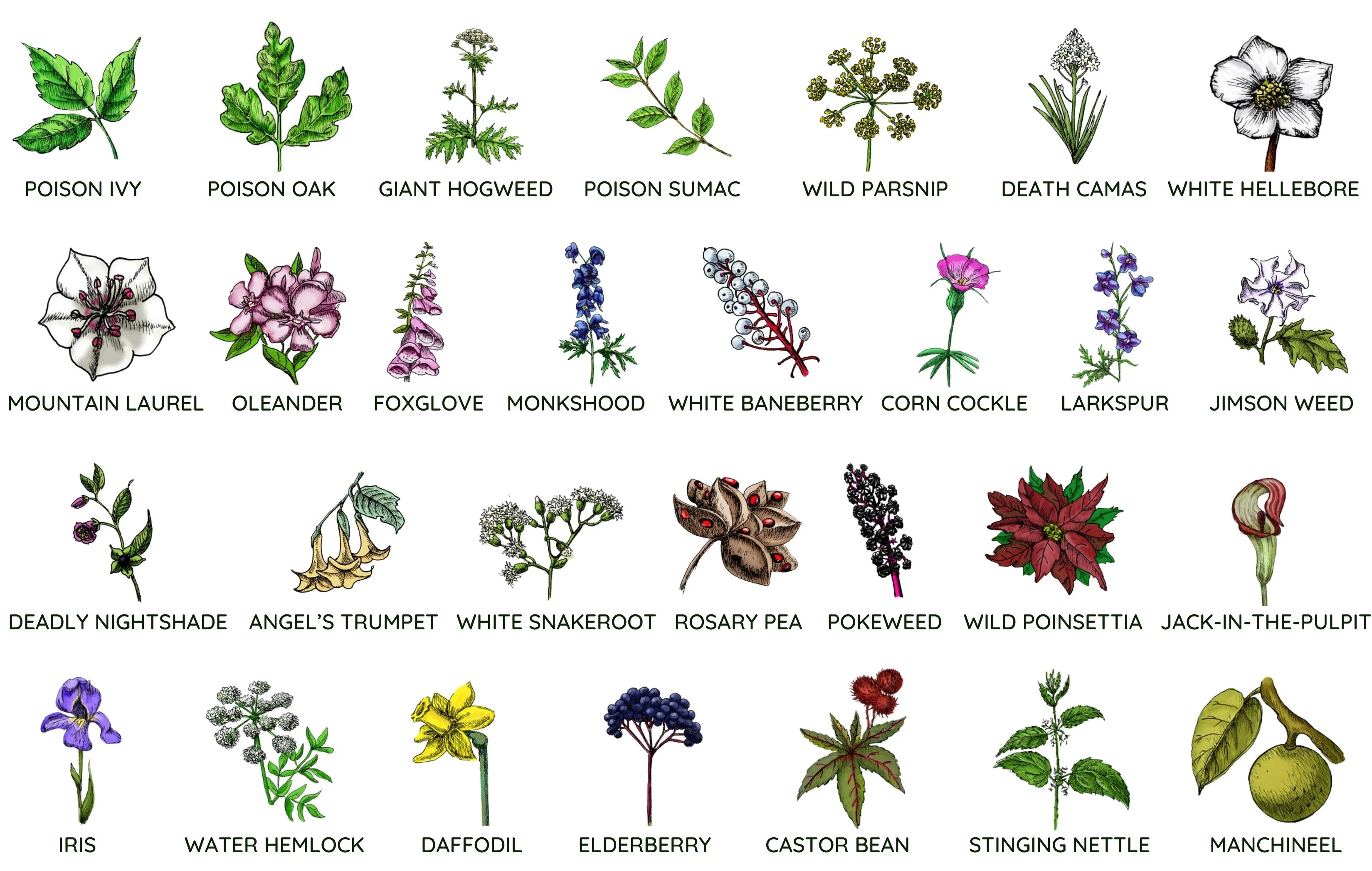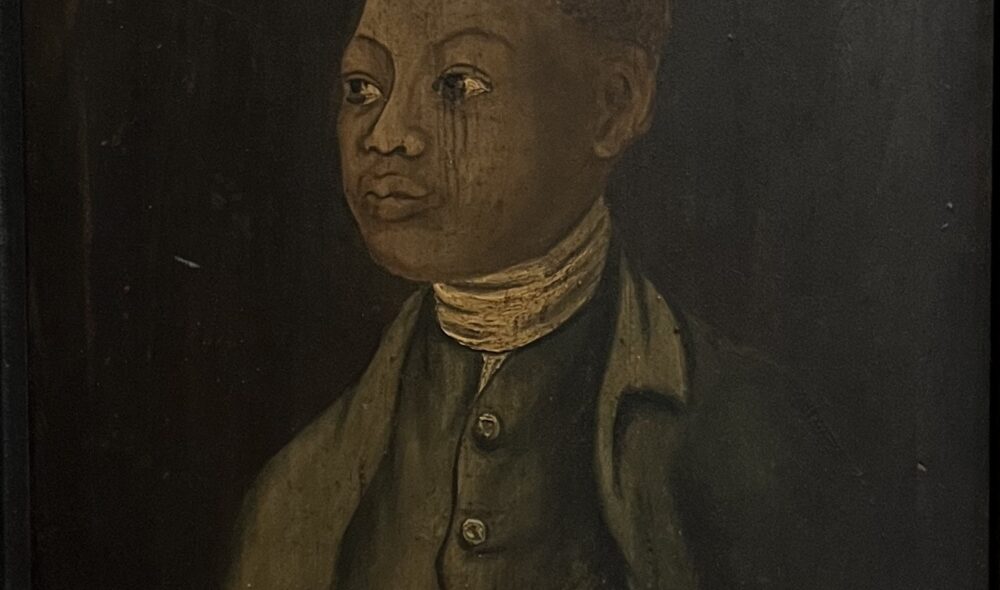Thursday, April 16, 12:00 noon – 1:00 pm Eastern – Poisons & Remedies, Online
Join the New York Botanic Garden on April 16 online for Poisons & Remedies, the second panel of our 2025 Plant Humanities Conversations, co-organized between NYBG’s Humanities Institute and Dumbarton Oaks. In this session, Dr. Michael Balick (NYBG), Dr. Hannah Cole (UCSC), and Dr. Luciana Martins (Birbeck) explore plant stories of poisons and remedies as they feature in ethnobotanical research, literature, and botanical collections. Dr. Balick will share examples of how plants have been identified and used as poisonous from Western and non-Western medical traditions; Dr. Martins will dive into the economic botany collections at Kew to uncover stories of remedies in them; and Dr. Cole will explore literary representations of plants and toxicity.
The panel will be moderated by Yota Batsaki, Executive Director of Dumbarton Oaks, and Lucas Mertehikian, Director of NYBG’s Humanities Institute.This event is free and open to the public. Register in the link HERE to receive a Zoom invitation.


